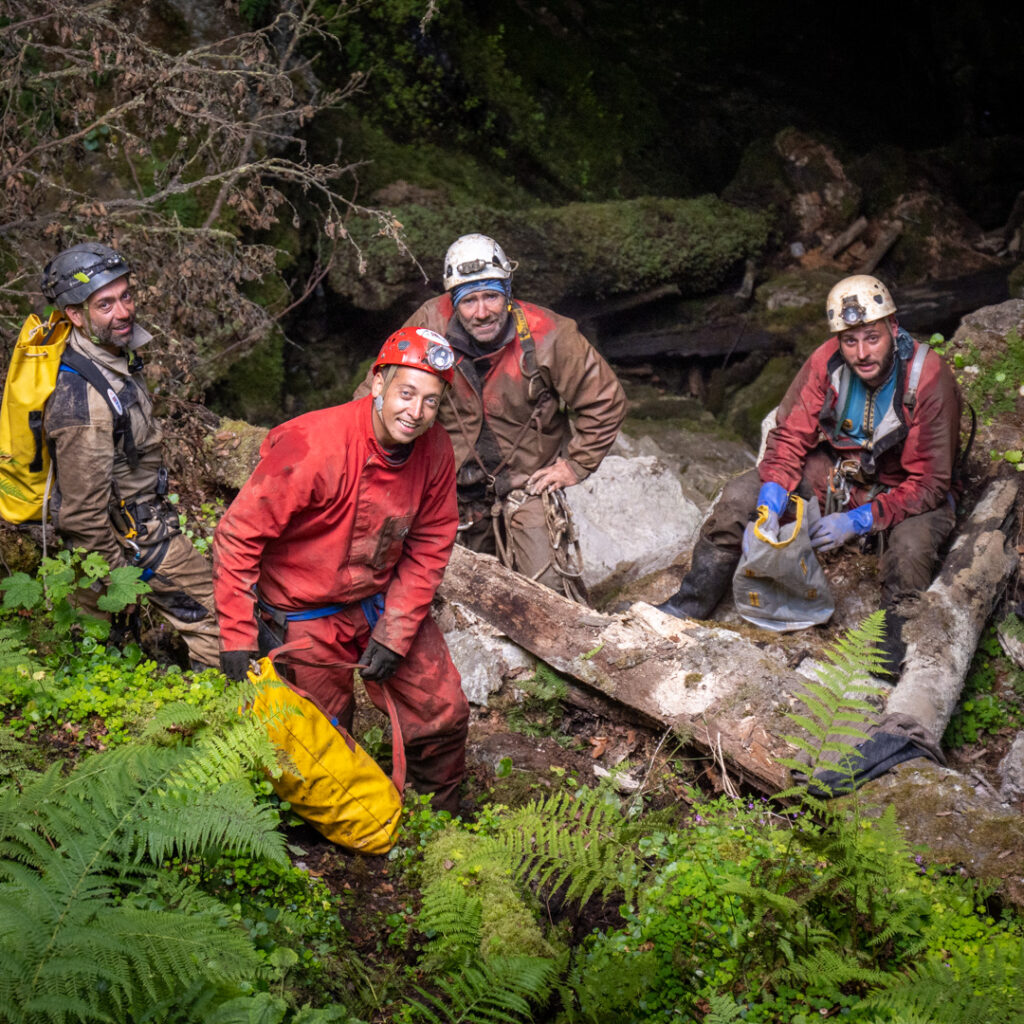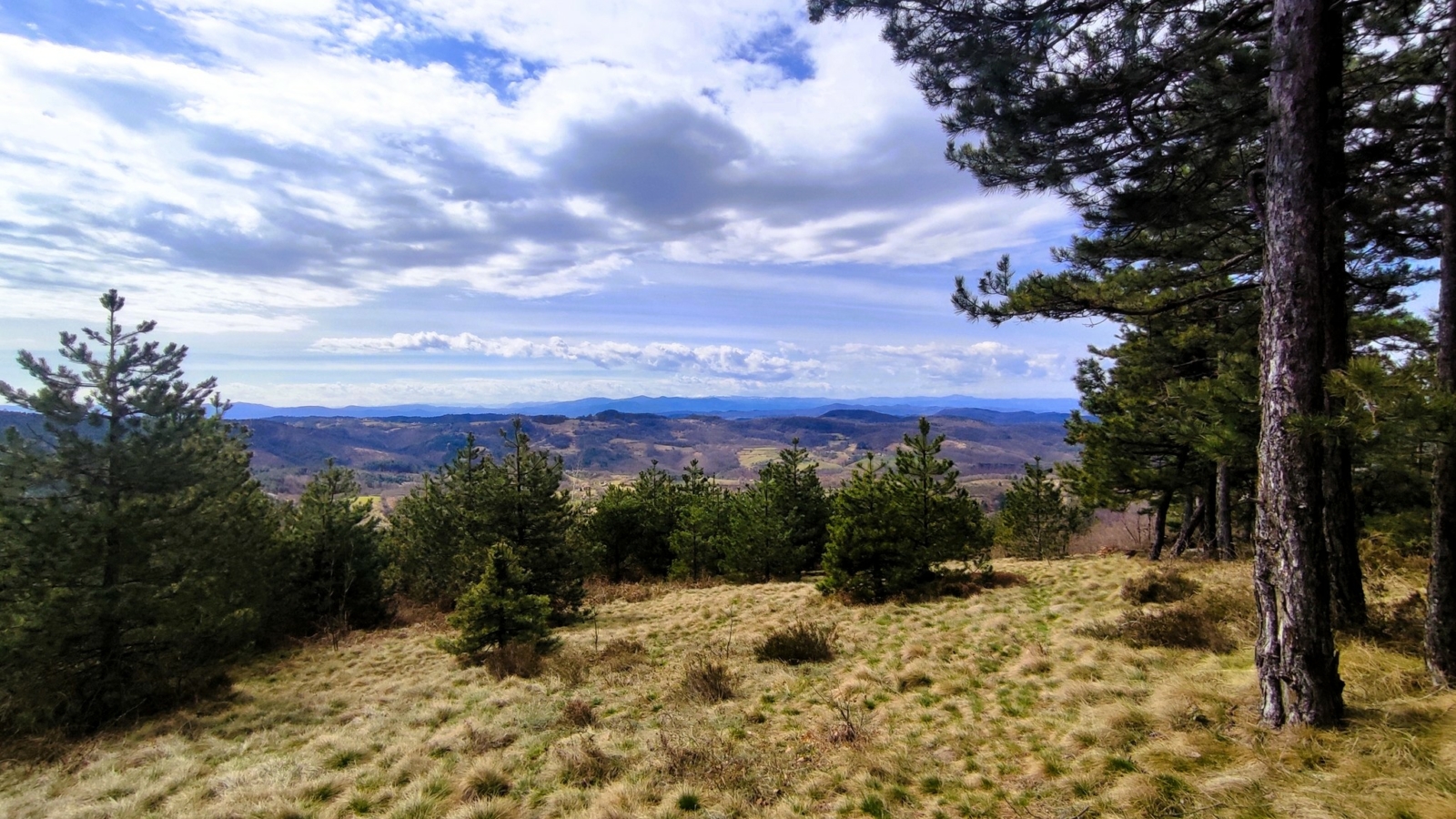Citizens’ Association Fojničani, Network for Nature Protection in BiH and local civil society organizations from Petrovo and Doboj announced the continuation of research on the biodiversity of Mount Ozren, which will begin on April 20 and 21, 2024. As spring time is ideal for these activities, this period is planned as most plants are at the peak of their activity and flowering, which makes it easier to identify them. Thus, it is expected that this period will provide a detailed insight into the diversity of flora, but also fauna and fungi on Ozren. Mapping and inventorying of natural and cultural heritage are key to the preservation of this mountain, which, according to the Spatial Plan of the Republic of Srpska, is slated for protection at the level of a national park. Therefore, all collected data will be submitted to the Republic Institute for the Protection of Cultural-Historical and Natural Heritage of the RS, which is responsible for carrying out the protection procedure.

As a reminder, last year’s research of Mountain Ozren, which extends through as many as seven units of local self-government in the Republic of Srpska and the Federation of Bosnia and Herzegovina, brought together more than 30 researchers from Bosnia and Herzegovina, North Macedonia, Serbia, Montenegro, Croatia, Slovenia and Poland. Scientific studies have resulted in numerous significant discoveries, of which the very rare and endangered species of newt, the Macedonian crested kingfisher (Triturus macedonicus), stands out. It is particularly important to point out that the discovered population is the largest in Bosnia and Herzegovina, and probably in the world, because this endemic species only inhabits the Balkan Peninsula. It is also the westernmost habitat of this amphibian, hundreds of kilometers away from previously recorded localities.
Research has shown that this mountain is also the largest native habitat of one of the most endangered bats, the great horseshoe bat (Rhinolophus ferrumequinum). It is fascinating that no echolocation signals of this type have been recorded in any part of Bosnia and Herzegovina so far, which clearly positions Ozren as one of the last refuges of the great horseshoe bat, which has already completely disappeared in parts of Western Europe. Any devastation of Ozren would cause incalculable damage to the habitat of this strictly protected bat, but would also represent a serious violation of international agreements and directives signed by Bosnia and Herzegovina. These include the Berne and Bonn Conventions, the EUROBATS Agreement and the European Habitats Directive.
Among other findings, it is worth highlighting the presence of the swallow falcon (Falco subbuteo), whose population in Bosnia and Herzegovina is estimated at only 100 to 200 pairs. An extremely rare type of mushroom (Pachyella adnata) was also discovered, for which there is a strong possibility that it is a completely new species. During this year, the research of the Megara cave complex, which is located on the entity line between Maglaj and Doboj, continues. In addition to Mokra Megara, the speleological team explored five more new caves last season. Two years passed by after the Maglajski golemas (Duvalius maglajensis) were photographed for the first time in Mokra Megara, and last year’s findings confirm the discovery of at least one more endemic insect in this cave. The publication of a scientific paper that will present this newly discovered species in more detail is expected, which will further emphasize Ozren as the place of its discovery.

Within the framework of the meeting that will be held from April 19 to 21, 2024, in the ParaGhost-Staro Nasleđe facility in Okolište, city of Doboj, more than 20 associations gathered in the Network for Nature Protection will analyze so far achieved results and the future goals of the research. In addition to Ozren, the meeting will also discuss other valuable areas in both entities, especially those that are threatened by different economic interests. Therefore, the special focus of the meeting is defining the criteria that will help identify these localities and the necessary support for recording the zero state. As part of the work program of the Network for Nature Protection, the Strategy and Action Plan for the Protection of Biological Diversity of BiH 2015-2020 will be analyzed, i.e. the success of the realization of the goals set by this document.
In addition to the scientific and research segment, the implementation of these activities in Ozren has multiple significance because it provides support for the development of eco-tourism and promotes inter-entity and regional cooperation. Such events certainly contribute to the transformation of war lines into green ecological-tourist routes that will connect all people and nations to improve local development, preserve lasting peace and create a sustainable future for generations to come.
The activities are realized within the project “Nature Protection Network as a prevention of irresponsible natural resource management in Bosnia and Herzegovina” supported by the SMART Balkan National Interventions grant line.










